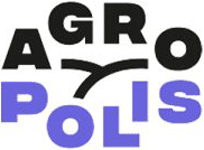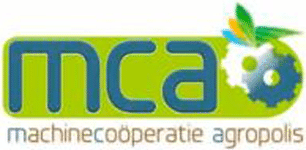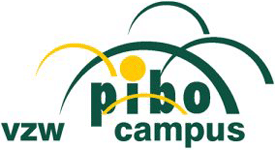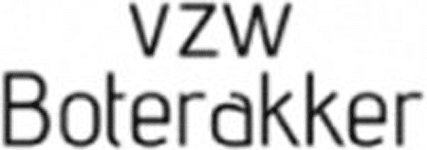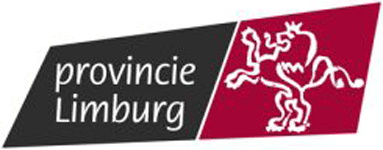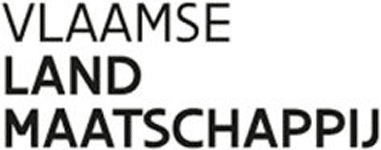The agricultural sector has historically been a fairly traditional one. The increasingly stringent operating conditions and the ever louder calls for more sustainability, both economically and ecologically, create opportunities for (technological) innovation. Specifically, Smart Farming (or precision farming) will support the farm manager in strategic decisions at farm level, but also at individual plant and animal level. It will increase efficiency and sustainability. However, the uptake of smart farming is slow. In practice, we see that agricultural companies today still have too little insight into the possibilities offered by the technology, but compatibility between different machines/technologies is also often an issue. However, the knowledge is available in the market, so it is important to link the two together. When implementation at companies really starts, technological innovation can be developed even further. The final project objective is therefore a matchmaking between concrete needs in the field and applicable technology. The following work packages are provided:
- WP1 - Inventory
- 1 Identifying farmer needs through workshops and individual surveys
- 2 Technological exploration: making an overview of technology (almost) on the market today based on desk research and targeted questioning of knowledge institutions, machine builders and example farmers. The technologies will be ranked and those with the highest chance of practical applicability will be retained
- WP2 - Matchmaking: based on farmers' needs to find a technology match for a specific problem within a specific crop
- WP3 - Demonstration and training: farmers can learn about selected technologies and apply them in practice. Demonstration moments will take place at farmers' premises and focus on the comparison with traditional methods, more specifically cost/benefit, practical application, ...
- WP4 - Communication and dissemination: bringing farmers together physically through demonstration and training is essential towards practical application. Relevant info will be shared with farmers
- WP5 - Coordination: the project coordinator will manage the process (timings, indicators, steering content choices, etc.).

